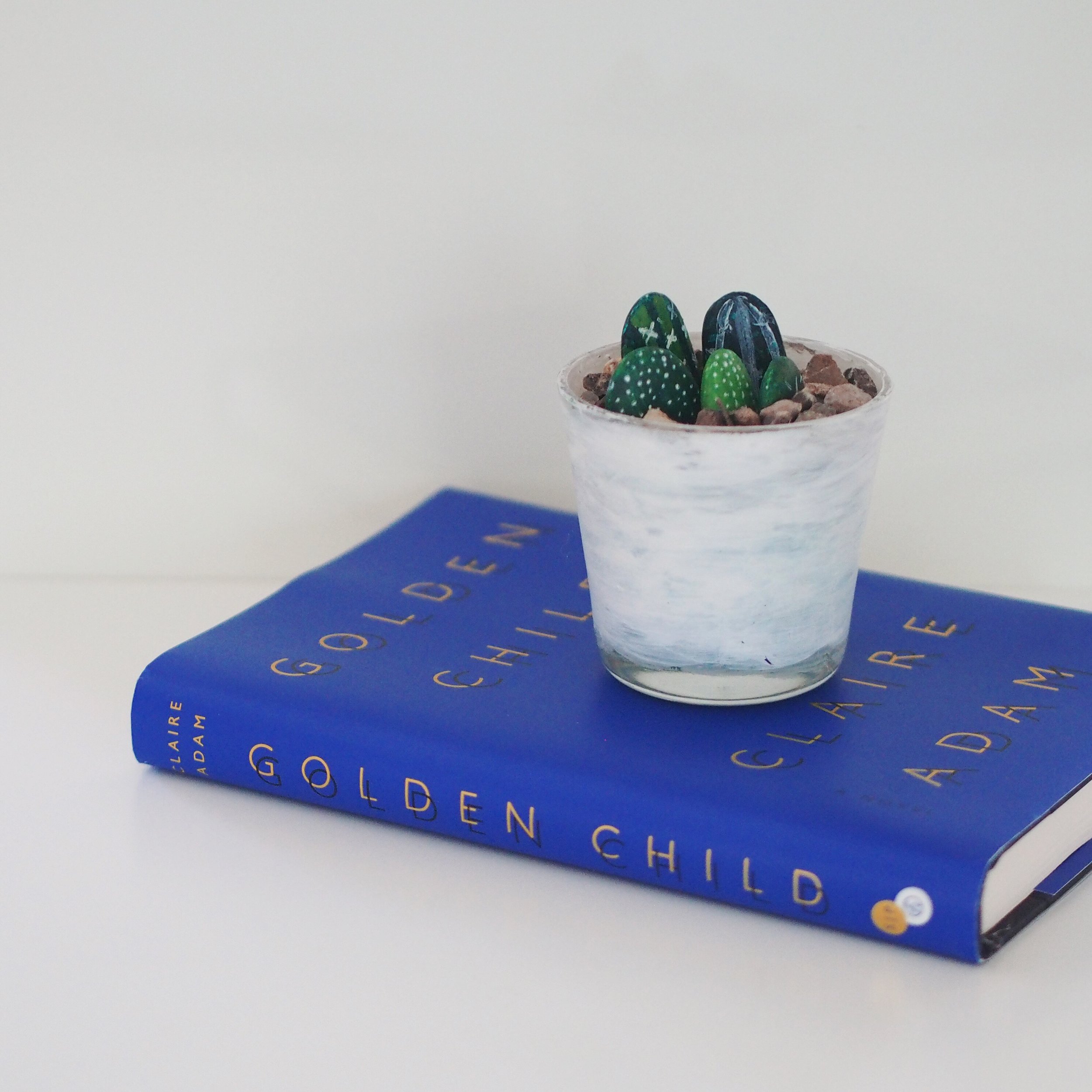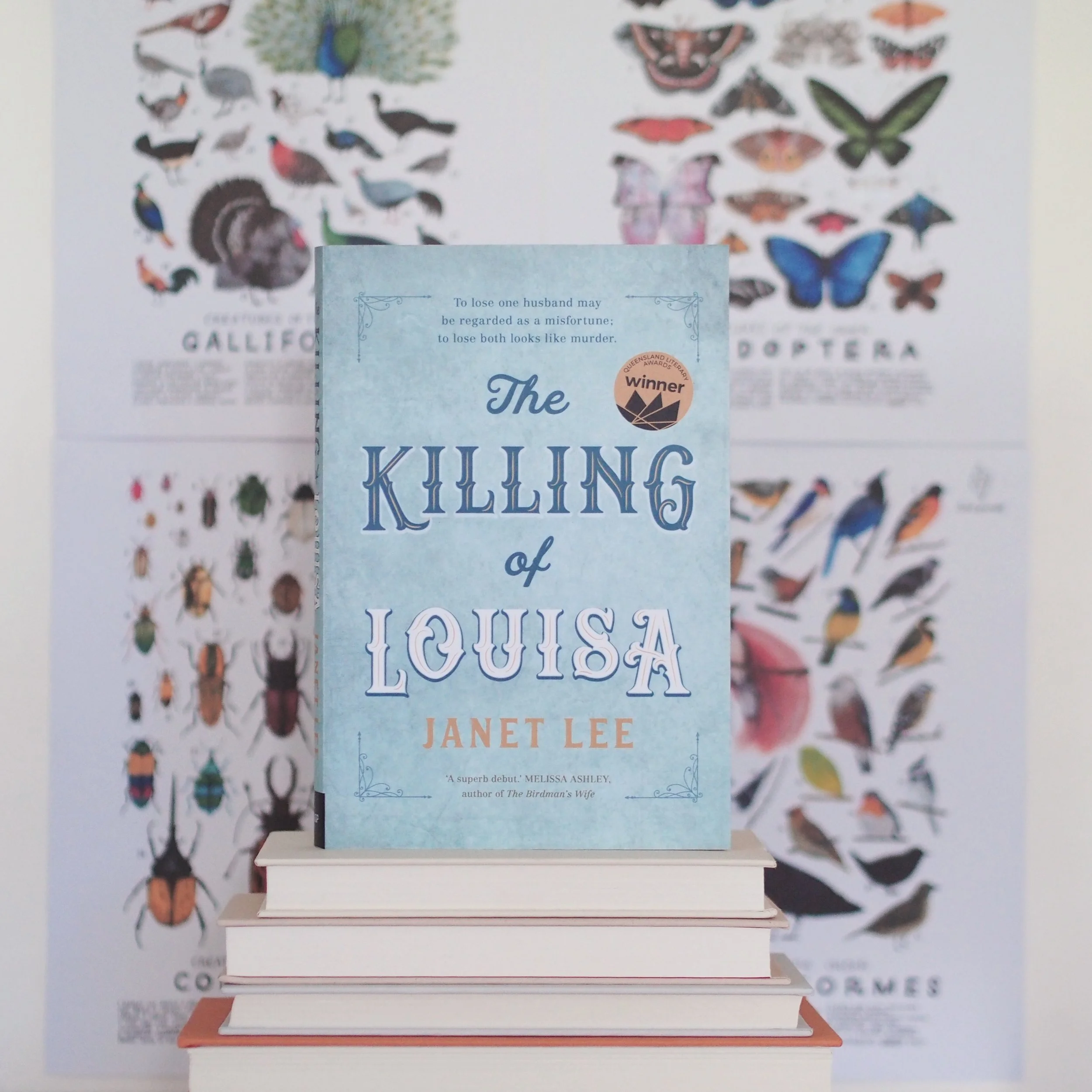Precious and tarnished: Golden Child, by Claire Adam
Sando slowed down and looked through the window at him and said, “Who’s that? Tarzan? What you doing out here at this time of night, boy? Like you want to dead or something?” And Paul said, “I just taking a walk, man. Getting some fresh air.” Sando offered to give him a lift home, but Paul said no, and Sando said, “Very wise. Don’t get into any stranger’s car.” And before he drove off, he said, “You’re the one who’s a bit…” and he put a forefinger to his temple and gave it a little twirl. “A bit crazy, eh?” He wasn’t being cruel, he was just asking to clarify. Paul said, “Yes, it’s me. But I’m not crazy.” And Sando said, “Nothing to be ashamed of! Boy, if you look at history, all the brightest people were a little crazy!”
Claire Adam’s debut novel Golden Child is a quiet, understated story. But its quiet is of the foreboding kind. There’s a sense of waiting and unease, like the still and latent heaviness before a tropical storm. While we observe a family muddling through the mundane intricacies of daily existence, we’re also glancing towards the shadowed corners of the room, wondering what is hidden there in the dark.
Golden Child is set in the recent past and on Trinidad, the author’s childhood home. This firsthand knowledge results in a strong sense of place that is crisply, stubbornly realist, full of atmosphere. The island itself is like a living entity, and its personality provides a strong backdrop to a story of family loyalties, fear, innocence, violence, and self-preservation.
Clyde and Joy Deyalsingh are trying to build a life that offers their twin sons more than they themselves had. Clyde works long hours by day and at night lays awake far too long, concerned about robberies and home invasions. The family’s social lives are uneasy, thick with the tension of comparison and judgement, as those with more condescend to those with less. At the heart of it all is Clyde’s concern for his sons: Peter, the bright and golden child, for whom the doors of opportunity must open, and Paul, to whom nothing has ever come easy. There is no question for the Deyalsinghs and those around them; Peter is the clever one, and Paul is stupid.
When Paul fails to come home one night after dark, it feels like just another example of the dead weight he is to the family. Resentfully, Clyde goes out to look for his less-favoured son, but it eventually becomes apparent that Paul has not just wandered off thoughtlessly. What follows slowly uncovers the dichotomous feelings Clyde has towards his sons, and the lengths to which he’ll go to preserve what is important.
Golden Child shifts from the present to the past and even ahead to the future in its narrative, privileging first Clyde’s point of view, then Paul’s, then that of a young priest, Father Kavanaugh, and back and forth again. Paul’s portions of the story feel the most profound, offering an insight into a character effectively silenced by other people’s perceptions of him. Adam’s writing is sparse, slow, and certainly not warm. I’ve read reviews which criticise this aspect of the novel, speaking of a lack of connection. However, the distanced and cool nature of the narrative feels intentional, leaving the events themselves to dictate any emotional impact rather than relying on sensation and drama. And the emotional impact is strong. When I finished reading, I was left swirling in a torrent of compassion, fear, revulsion, bewilderment and sorrow. I have not stopped thinking of the book since.
Golden Child
Claire Adam
Published January 2019 by SJP for Hogarth
282 pages
TW: sexual assault and violence
Complimentary copy sent for review by Crown Publishing






